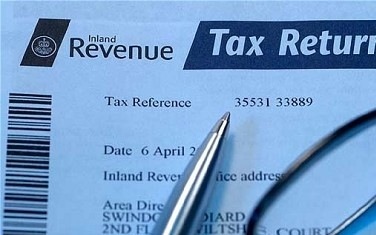Those 380 civil servants at the High Net Worth Unit of the British Treasury might be the public workers whose salaries more UK taxpayers give with sheer satisfaction. HM Revenue & Customs reported Wednesday having collected half a billion of pounds in extra tax since it set up this special division in 2009.
They are charged with a sensible duty in crisis time: they deal with the fiscal behaviour of the country’s richest people. The general belief that owning certain amounts of wealth can soften your way through the tax system against the rest of us seems, in fact, to hold a very sizeable truth.
According to the government, the HNW Unit expected to disclose about £100 million in unrealised fiscal obligations a year.
What the new department pockets, though, has almost consistently surpassed this figure. In 2011-12, the tax yield from its intervention reached £200 million, up from £162 million in 2010-11 and £83 million in 2009-10. The price tag for the targeted individuals amounts to £80 million so far this year.
Exchequer Secretary David Gauke announced the success of the HNW Unit using vindictive language: “Today’s figures show that HMRC’s High Net Worth Unit is making sure that the country’s wealthiest citizens pay the tax they owe. The Government is committed to a fair tax system where those with the most contribute the most.”
The official definition of the wealthiest is so clear that the HNW Unit staff calculate they are a group of 5,000. One needs an asset portfolio exceeding £20 million in value to join this sought-after club. And the public opinion would now infer too from Gauke’s words that, in order to belong to this gang, you should put slightly aside your fiscal scruples.
Yet, mistrust will be cast as well over HMRC’s performance. Why did the Treasury wait until the economy was hit by a developed world-wide recession before taking action? Would it pursue fixing the cracks on its income mirror otherwise?
“The tax affairs of the richest people in the country are, by their nature, complex,” has explained Martin Randall, head of the HNW Unit, “and that’s why we have focused resources on getting their tax right.” Getting it right, however, would rather consist in carrying on with tax collection without the creation of combat-like teams.






Be the first to comment on "Milking the wealthy the British way"